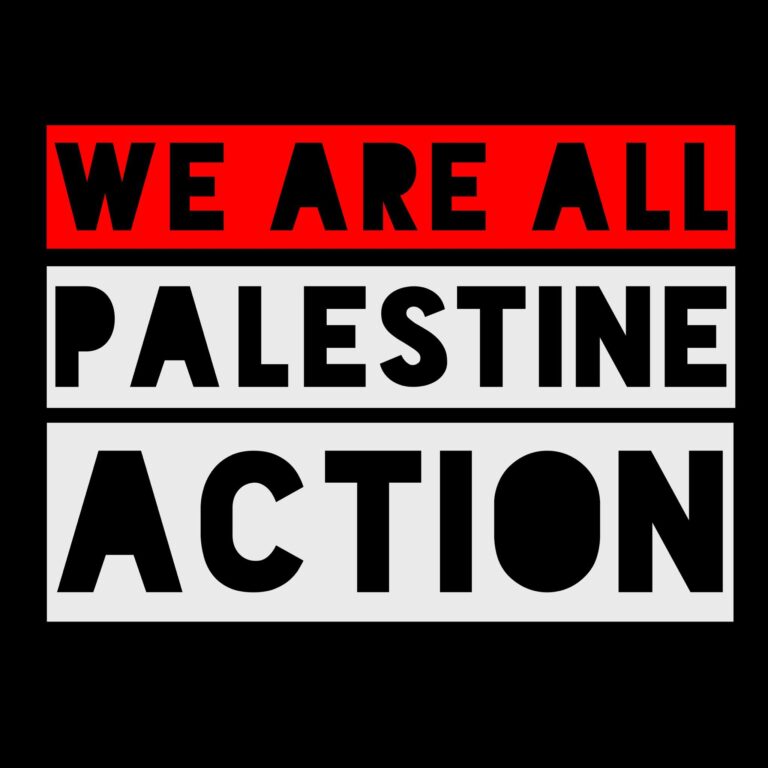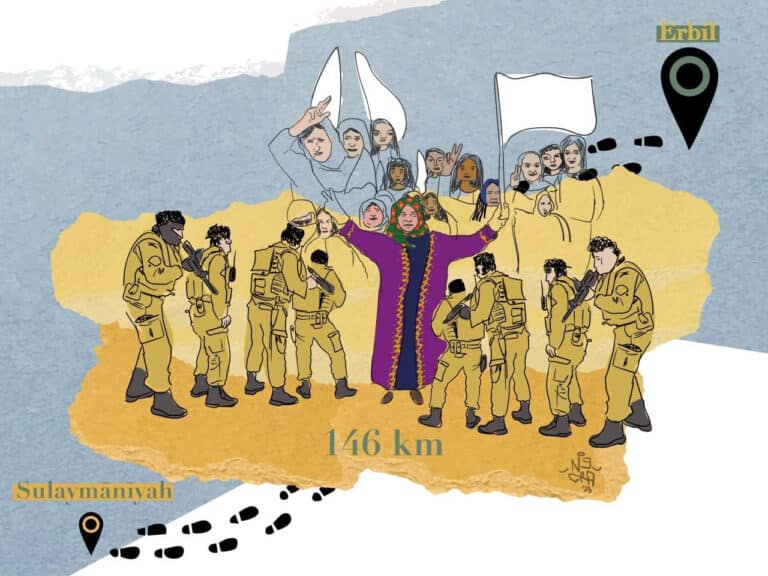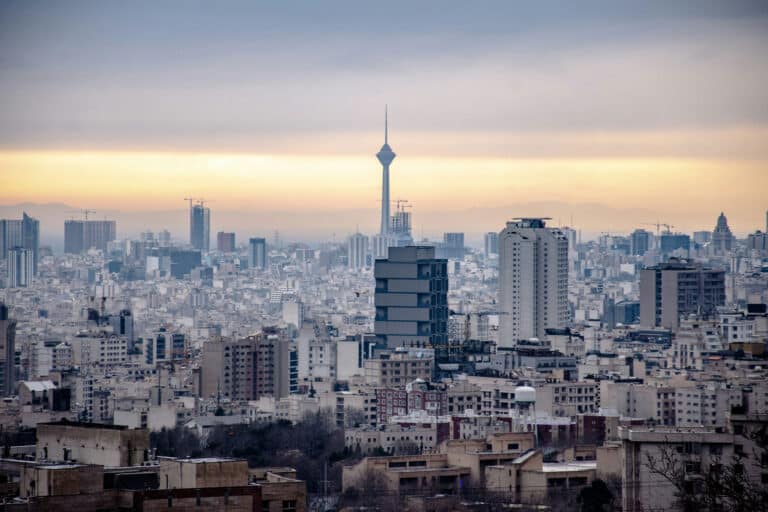by a member of CPT-Palestine
 I have been thinking a lot about bravery since the day I stood on Shuhada Street documenting Israeli military assaults on Palestinian protestors. I heard a thud and turned to look at my teammate with confusion – was that really a bullet that slammed into the metal door up the street? Then several rubber bullets* came skipping up the roadway and stopped near my feet.
I have been thinking a lot about bravery since the day I stood on Shuhada Street documenting Israeli military assaults on Palestinian protestors. I heard a thud and turned to look at my teammate with confusion – was that really a bullet that slammed into the metal door up the street? Then several rubber bullets* came skipping up the roadway and stopped near my feet.
At that moment, I knew that I would hate telling this story to friends in North America. The responses would be predictable – “You’re crazy!” “You’re so brave!”
As I picked up one of the rubber bullets, I glanced at several young Palestinian men my age who are part of the annual nonviolent campaign to open Shuhada Street – once the main market in Hebron until the Israeli military closed it to Palestinians in the late 1990s. They were trying to decide if it was worth attempting to march down the “forbidden” street.
Then I understood why I would hate telling this story. The truth is, I’m scared of a lot of things – bullets, Israeli settlers, heights, snakes, big spiders, etc. I am very sure that I would not be out protesting every Friday if I was a young Palestinian man, growing up with constant military harassment, family arrested and tortured, friends killed, economic strangulation. I felt safer on that street because of my CPT hat and my international passport.
We can always find someone braver than us, someone who is sacrificing more – people who do not sacrifice by choice, and who are brave because their very existence is resistance and there is no third option between resistance and death.
Those of us who do not face this choice can find ourselves seeking moments of bravery, opportunities to prove our toughness by facing down the forces of violence – the white/male/middle-class/USAmerican Savior Complex.
In the Gospel of John, Jesus is asked to go heal Lazarus. This means traveling to Judea where the political leaders want Jesus dead. He holds off for a bit, but when he decides to go, Thomas says, “Let us also go, that we may die with him.”
Thomas wants to be brave. He identifies the movement Jesus is building as being about bravely facing death. But this is not the story in John 11.
By the time Jesus gets to Judea, Lazarus has been dead for four days. If the point is a brave death, Jesus could have just sat down and waited for the political leaders to show up and kill him. Instead, he goes to Lazarus’s tomb and prays, and Lazarus is raised from death. And then Jesus says this: “Unbind him, and let him go.”
Jesus frees Lazarus from the power of death. This message, this Good News, gets shouted throughout the Gospels and the letters of Paul – the movement is about conquering the power of death. Jesus does not go to Judea to bravely face death, but to bring life into the midst of death. His call is not to die bravely, but to live freely.
CPT’s partners in Youth Against Settlements, Hebron Defense Committee, and other Palestinian organizations, don’t go to protests to get shot. They go because they are alive, and to live freely is to resist the forces of death.
This is one of the biggest lessons to learn in our work – we cannot let the Powers set the agenda. Our peacemaking, like Jesus’, has life, not death, at its core. Though we may face bullets and repression, we say to the forces of death all around us – expect resistance.
*rubber-coated metal bullets
Author’s name withheld by request due to the State of Israel’s policy of denying entry to many peacemakers.



